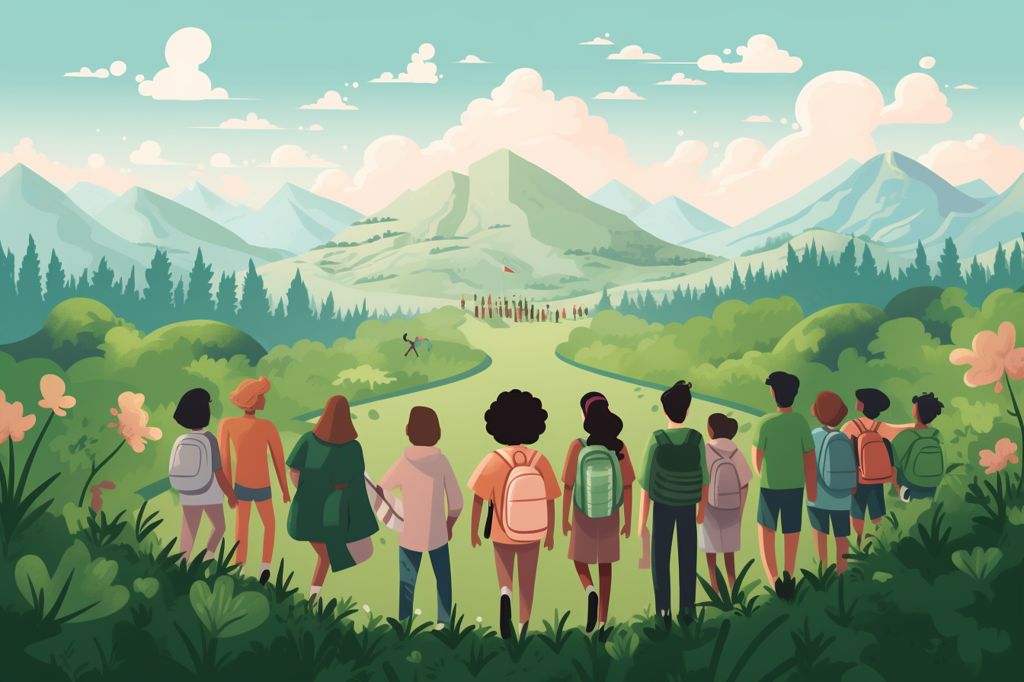Nurturing Talent and Promoting Sustainability
The Department of Forestry, Fisheries and the Environment is committed to cultivating talent and encouraging a greener, sustainable future for South Africa. To achieve this goal, the department has announced bursaries for full-time students in the 2024 academic year. The bursaries cater to a broad range of study fields, including Environmental Programmes, Forestry Management, Regulatory Compliance Sector Monitoring, Fisheries Management, Oceans and Coasts, Biodiversity and Conservation, Climate Change and Air Quality Management, and Chemicals and Waste Management.
This commendable initiative reflects the department’s unwavering dedication to promoting academic growth and empowering previously disadvantaged South African citizens and individuals with disabilities. With a maximum bursary amount of R50,000, the program seeks to ease the financial strain experienced by many students and inspire excellence in fields essential for South Africa’s sustainable development and environmental protection.
To qualify for the bursary, applicants must possess a minimum Grade 12 Matric qualification. Additionally, candidates must ensure their application forms contain the correct reference number and study field. The department will not consider incomplete applications, and communication will only occur with successful applicants. If applicants have not received any correspondence by the end of January 2024, they should assume their application was unsuccessful.
Bursary Requirements and Internship Program
Recipients of the bursary must sign a contract and participate in a compulsory public service internship program after completing their studies. The program does not allow repeat participation, ensuring a diverse group of students benefits from this opportunity.
To apply, applicants must submit several necessary documents, including a motivation letter explaining why they deserve the bursary, certified copies of qualifications and recent academic records, proof of registration if already enrolled in a higher education institution, and the latest Grade 12 results if currently attending High School.
Further documentation requirements include certified copies of Identity Documents for the applicant and both parents or guardians, proof of parents’ or guardian’s income, evidence of deceased parents, and an affidavit if the parents are unemployed. All applications should be hand-delivered or sent via courier to the Department of Forestry, Fisheries and the Environment in Pretoria or Cape Town.
Investing in a Greener Future
This bursary program signifies a substantial investment in South Africa’s environmental and resource management sectors. By supporting the education and training of talented individuals in these crucial fields, the department plays a vital role in shaping a sustainable future for the nation and its people.
A diverse array of study fields, covering disciplines such as Environmental Law, Climate Change, Marine Biology, and Sustainable Development Studies, contribute to the multifaceted approach necessary for tackling environmental challenges. The bursary program ensures that South Africa’s future leaders possess the required knowledge and skills to promote progress and positive change.
As the application deadline of October 27, 2023, approaches, potential applicants are urged to take advantage of this opportunity and contribute to a greener, more sustainable future for South Africa. With the backing of the Department of Forestry, Fisheries and the Environment, these students hold the potential to become instrumental in addressing the country’s and the world’s environmental challenges.
The bursary initiative serves as evidence of South Africa’s dedication to encouraging environmental stewardship and adopting a sustainable development approach. By investing in the education and training of future leaders, the country can ensure the preservation of its natural resources and ecosystems for generations to come.








